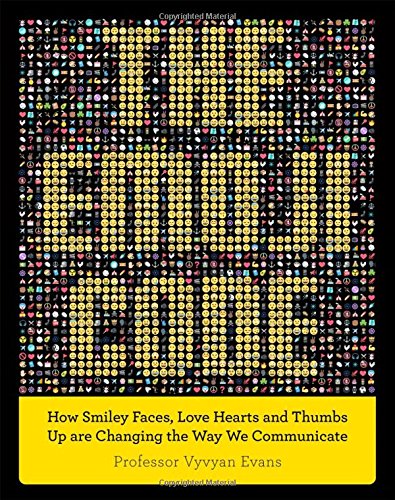
Since 2011, the use of emoji – deriving from the Japanese, meaning picture character – has become a global phenomenon. We send over 6 billion emoji every day and regularly send emoji-only messages, and, when Oxford Dictionaries named the ‘Face with Tears of Joy’ emoji as their ‘Word of the Year 2015’, it received an enormous amount of criticism.Whenever emoji are covered in the popular media the same burning questions come up: Can an emoji really be a word? How language-like is it? Will emoji make us dumber? Or more lazy? Will they make us less adept at communicating with our nearest and dearest? And does this signal the death knell for language as we know it?Drawing on findings from disciplines as diverse as linguistics, cognitive science, psychology, neuroscience, archaeology and anthropology, this groundbreaking book explores human capacity to communicate, and addresses these questions in the process.The Emoji Code sheds light on emoji’s vital role in the expression of emotion in digital communication and more, pointing the way for the future of international communication in a provocative and entertaining way.
| Categorie | Carte straina |
|---|---|
| Magazin | carturesti.ro |
| Marca | Michael O’Mara |
